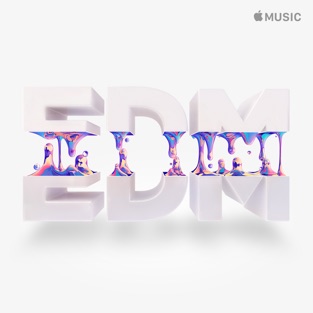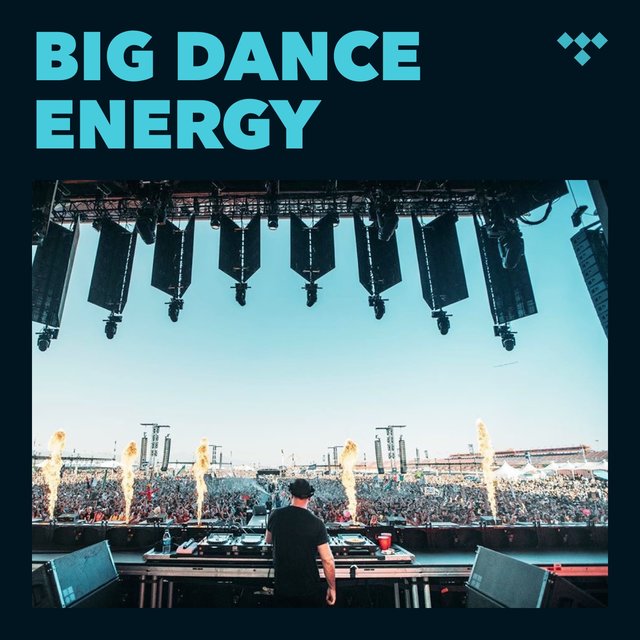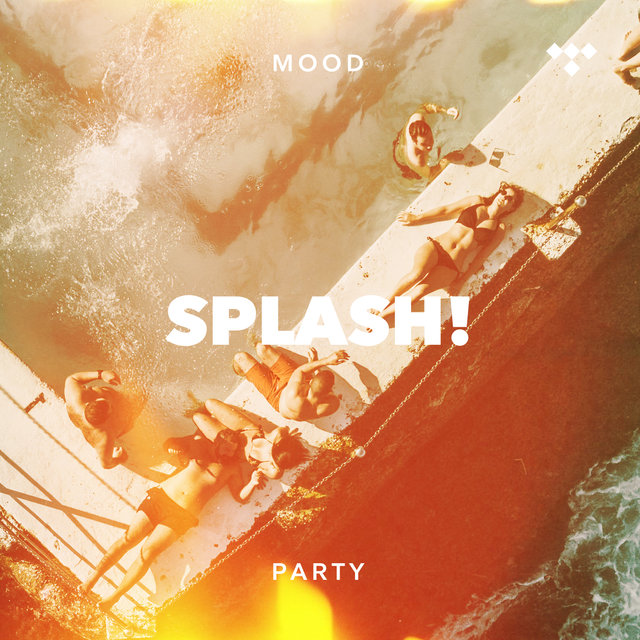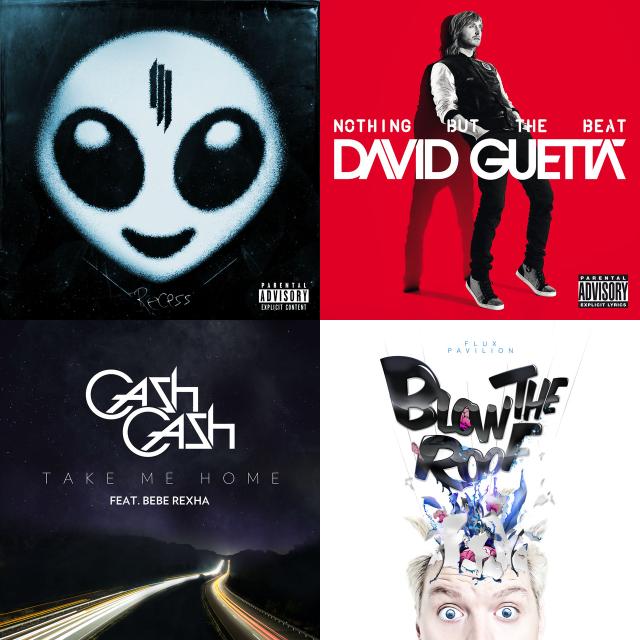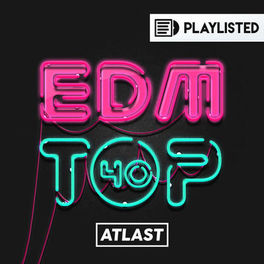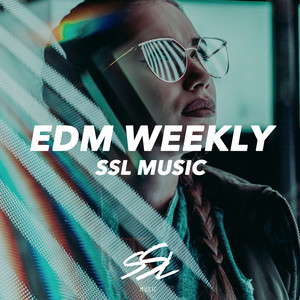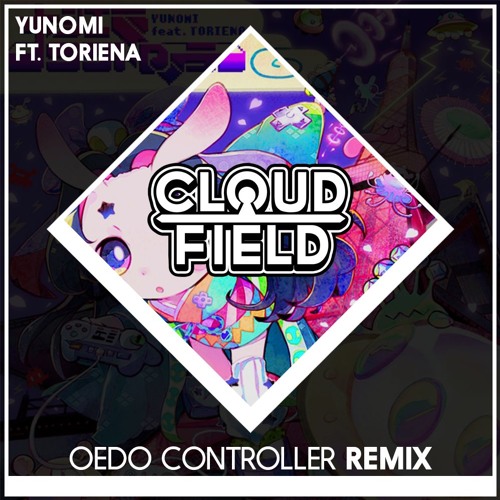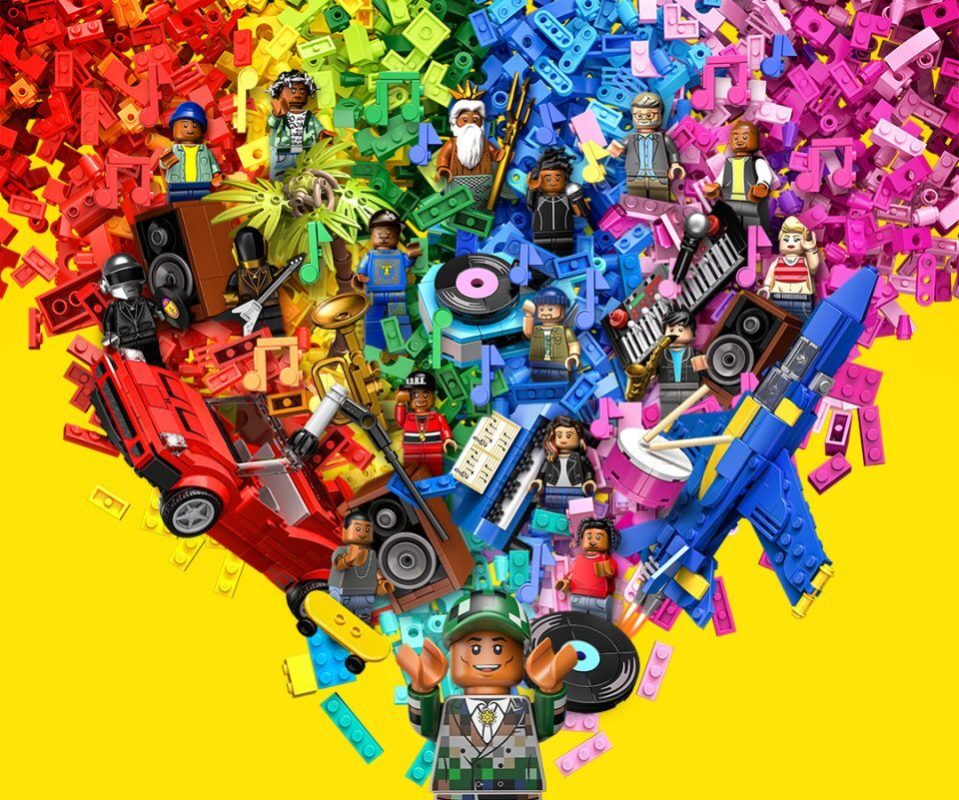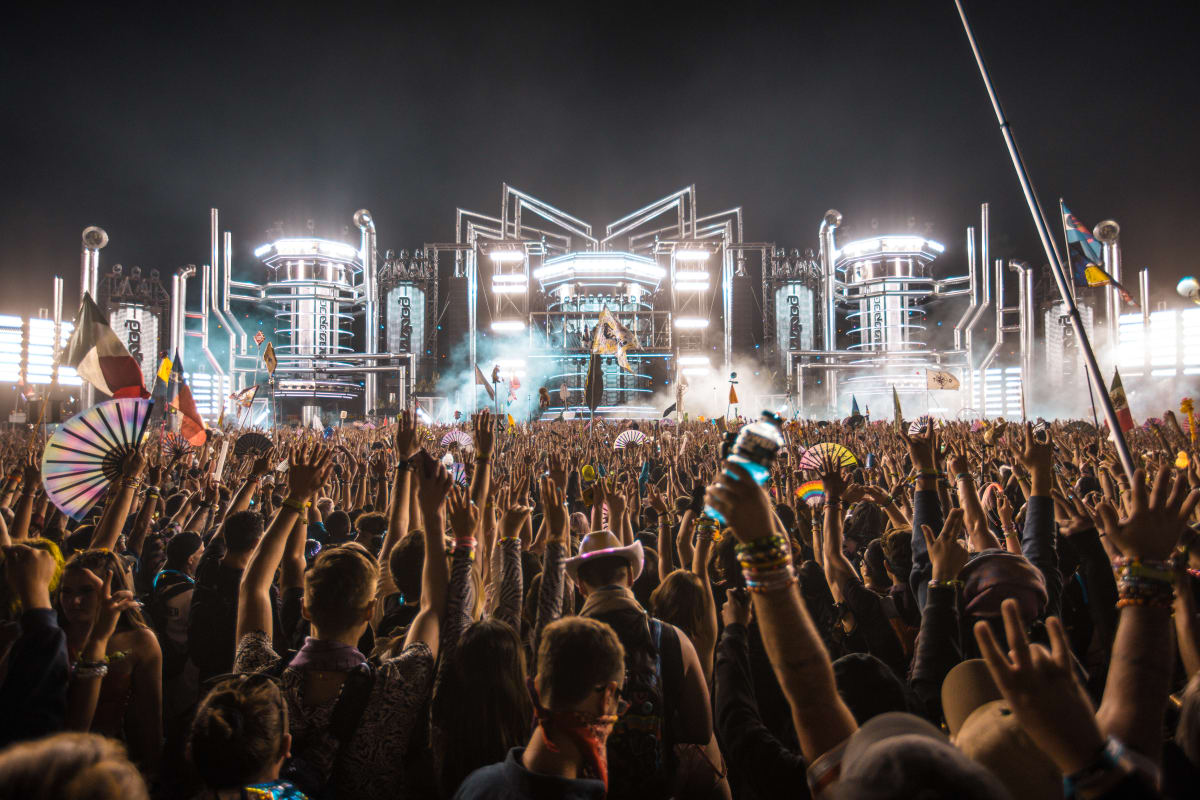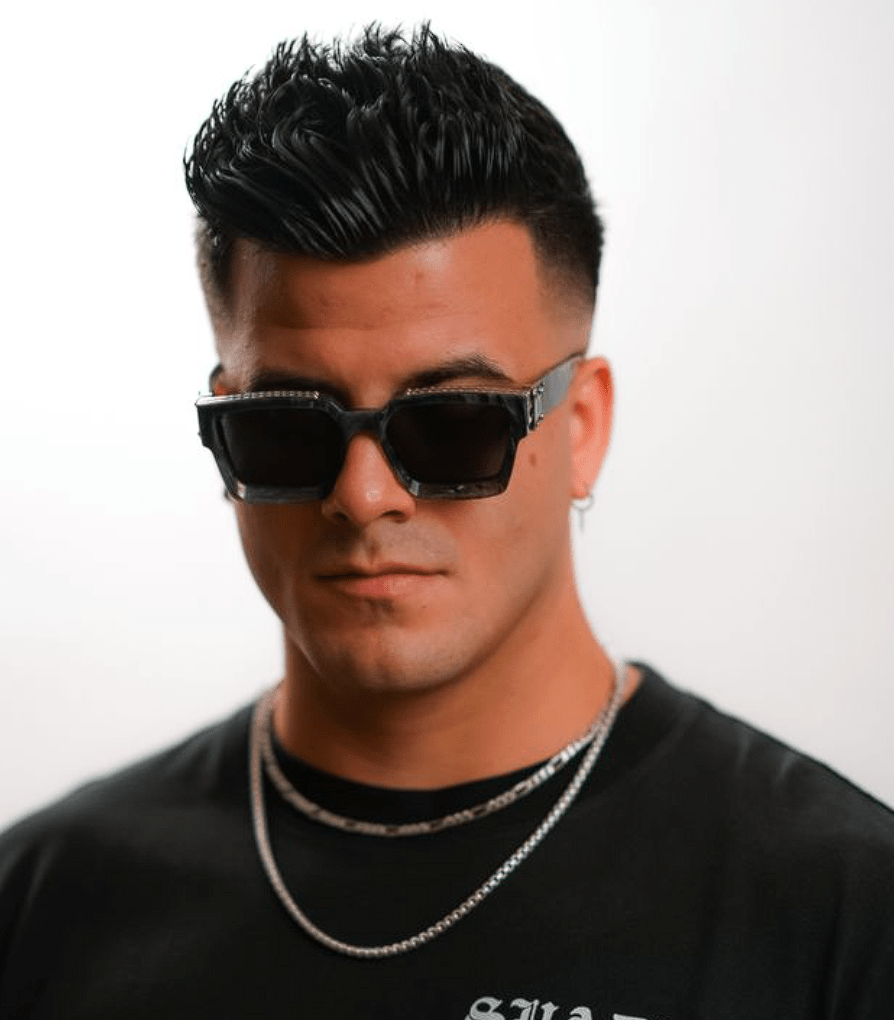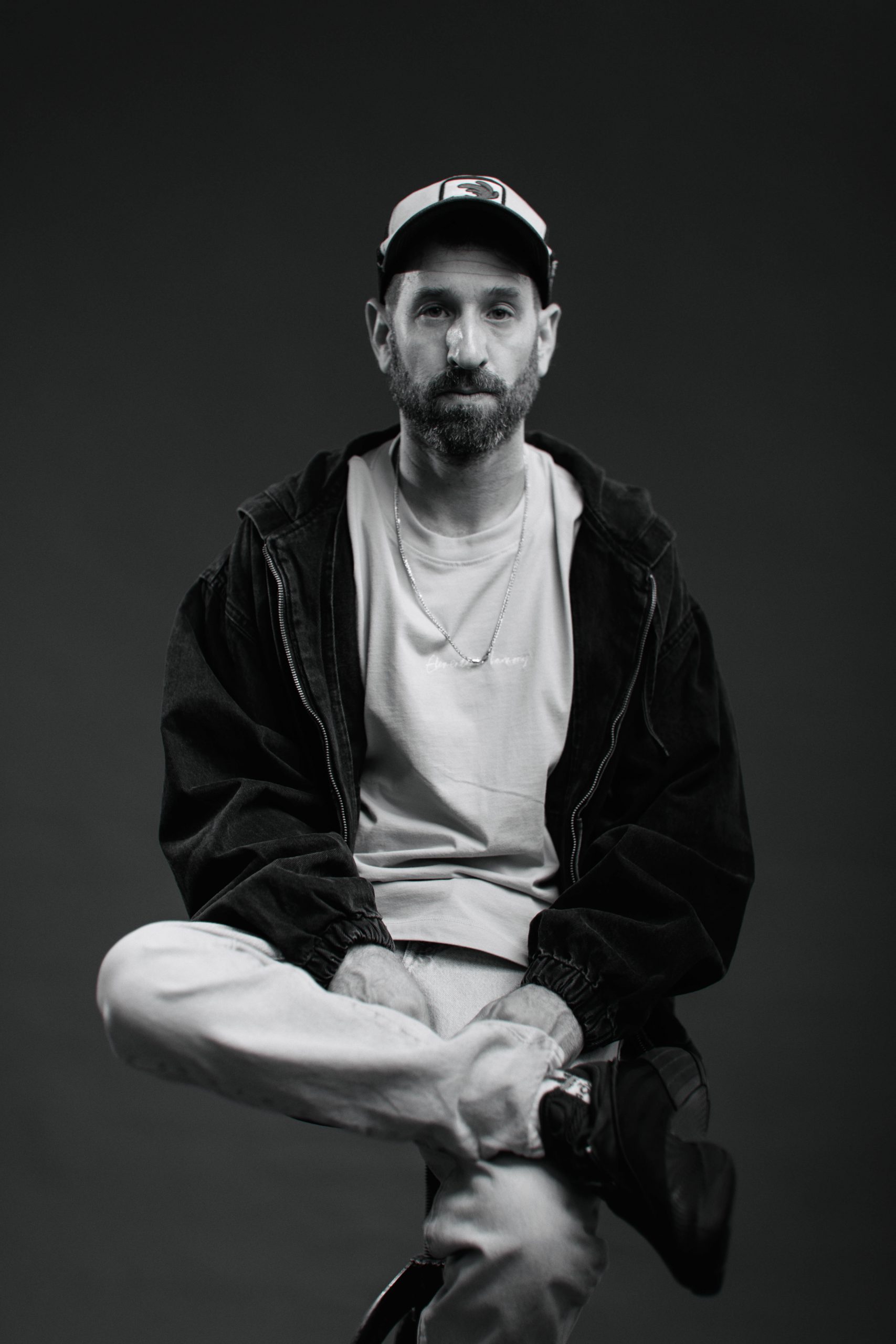Google’s Freakish AI Text-to-Music Program Is the Most Advanced of Its Kind
MusicLM can navigate nuanced text prompts and generate higher-quality sonic output compared to its competitors, but Google isn't ready to release it.
Big Tech's battle over the future of artificial intelligence is heating up.
Amid the explosive hype surrounding Open AI's ChatGPT, which recently secured a staggering $10 billion investment from Microsoft, a new academic paper has illuminated Google is harboring some equally impressive generative AI-based technology.
The tool is called MusicLM, and like ChatGPT, it's a language model driven by user prompts. MusicLM's specialty is creating music, and while it may not be the first tool to attempt to master the craft of music creation from text, it's remarkably capable in navigating nuanced language where other tools have fallen short.
MusicLM was trained on a dataset of 280,000 hours of music, per TechCrunch. On top of learning to generate sound clips from text, the tool can iterate upon existing melodies—including those sung or hummed by the user—or played on an instrument.
Google reportedly has no intentions of releasing the tool to the public and even the paper's authors admit there are still some challenges with the model, the most salient of which is its tendency to rely heavily upon copyrighted training material to generate its outputs.
From a legal perspective, this type of reliance on copyrighted material could lead to trouble. Case in point is a recent lawsuit filed by Getty Images against Stability AI, the company behind the popular generative AI art tool Stable Diffusion. Getty alleges the model's outputs are a product of the unlawful scraping of their image repository.
"I don’t think it’s about damages and it’s not about stopping the distribution of this technology," Getty Images CEO Craig Peters told The Verge. "I think there are ways of building generative models that respect intellectual property."
It's all but certain the release of MusicLM would initiate similar conversations about how the current regulatory structure around music IP can continue to be upheld amid the proliferation of AI.

